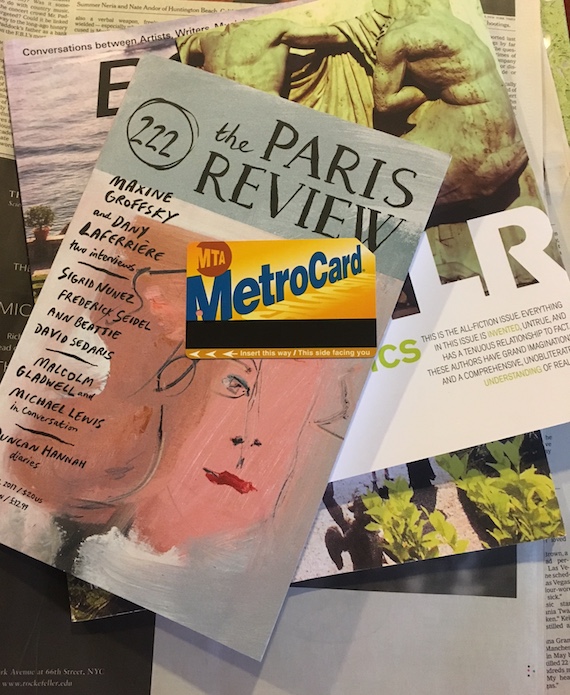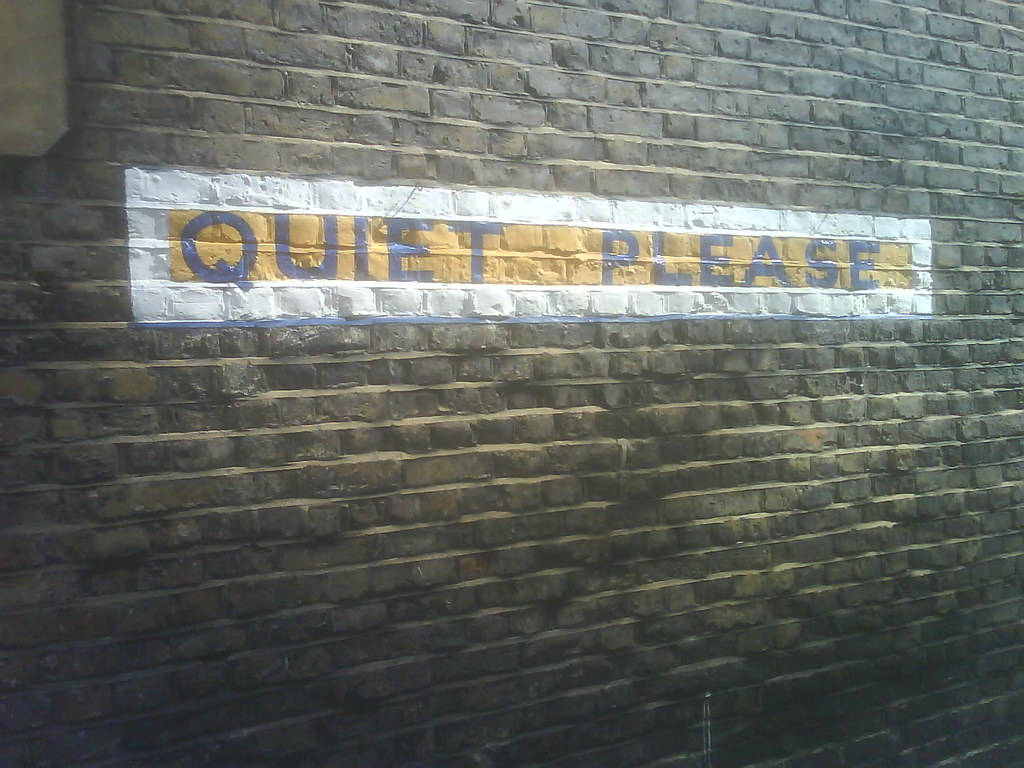
Last month, when I started reading War and Peace again, this time with the intention of finishing it, I decided that I would do so methodically, opening the book at least once every day, and not closing it until I’d finished a chapter (which, in that novel, is relatively short — a handful of pages at most). I would read it on the train or I would read it before sleep. I would read it while standing in the kitchen making toast. This way, I thought, the book would become a habit as much as a pastime. It would become part of my routine. I would get through it little by little, even if my pace would be that of a tortoise.
 There was the danger, of course, that I was approaching the book as a chore — measuring my progress too closely, not enjoying it as much as I ought to have been, or could have been. But I was amenable to that. I mean that if this is what it took (approaching the book as a chore) in order for me to finish it, then that is what I was prepared to do. For I had decided that if I did not read the book now, at this point in my life, then I would never. And for some reason this scared me.
There was the danger, of course, that I was approaching the book as a chore — measuring my progress too closely, not enjoying it as much as I ought to have been, or could have been. But I was amenable to that. I mean that if this is what it took (approaching the book as a chore) in order for me to finish it, then that is what I was prepared to do. For I had decided that if I did not read the book now, at this point in my life, then I would never. And for some reason this scared me.
One day, about two weeks ago, having finished the first 150 pages (my paperback version, a Signet Classic, contains 1,455) I walked into a bar to have a beer before going home. It was a Saturday afternoon, sunny, and I had gone to the park to read. But I hadn’t got much reading done. There were people everywhere, and I’d felt distracted, restless, bored. Maybe there was a reason for this feeling and maybe there wasn’t. I wouldn’t say it was the book’s fault.
In the bar was another man, older than me by about 20 years, and he said to me, when he saw the book (for I didn’t have a backpack or satchel to hide it in), “It’s too nice a day out to be reading.” And when I casually agreed with him, not wanting to start a conversation but not wanting to avoid one, he said, in an irritable voice, not looking at me but away from me, as if he didn’t expect an answer, or desire one, “Then why are you doing so?”
It would have been easy then for me to get in an argument. I wanted to, in fact, because I was irritable myself and because I was embarrassed now about the way I must have appeared. Fortunately, however, the bartender was there, and she said to the man, before I could reply, “Listen, you, just because you’re in a bad mood doesn’t mean you have the right to take it out on others.”
The man, surprisingly, apologized. “Sorry,” he said to me, in a chastened voice.
And because I felt as though my embarrassment now had lessened, and in fact had been ridiculous, I said to him, “It’s fine, it’s fine,” or something to that effect.
The bartender got me a beer, and when she placed it on the coaster in front of me, she said, having noticed the book herself, “War and Peace. Now that sounds like a book that covers everything.”
I smiled at this, but the man said, as if he’d been waiting to say something and now had the opportunity, “It doesn’t actually. It should’ve been called War and War. Even the parts about domestic life aren’t tranquil.”
We all considered this a moment in silence.
“How far along are you?” the man said.
I thought back to the chapter I’d just read, where Prince Andrei leaves his father’s estate to join the Russian army at the front, which at that point is in Austria. “There’s about to be a battle scene,” I said.
“I like battle scenes in movies,” the bartender said.
“I like them in movies, but in books they can be better,” said the man.
A trio of girls came in, and the bartender moved away to greet them.
“I’m sorry about what I said,” the man said to me again, this time in a confiding voice. “I’m having a bad day.”
“Why?” I asked him.
“No reason,” he said. “Or you could pick any reason, and that would be it. This city used to be different. I used to have a job I liked. I used to be happier.”
“Why?” I asked again, and immediately I regretted it. Not because I didn’t want to hear him, but because I was afraid that if I did hear him then I’d have to respond to what I’d heard. And I knew that in a conversation like this, at some point my responses would seem inadequate, or blasé. Not because I intended them to, but because conversations between strangers require an energy that other conversations do not. And I knew that I lacked that energy, or that I possessed it but couldn’t maintain it for long.
But for some reason, anyway, the man didn’t reply.
He got up and went to the restroom.
And when he returned he didn’t sit down again, but continued on out through the front door of the bar, and out onto the sidewalk, where he disappeared past the windows, on his way to wherever he was going.
When the bartender returned to get me another beer, she didn’t seem surprised that the man was gone. She had a pleasant, unworried look on her face. And when I said to her, “Where did that guy go?” hoping she’d shed light on who he was (for now I was curious, if not interested), she said, “Probably home. He’s been coming in here every day for years.”
And that was that.
I mean it was the end of my conversation with the bartender, though I did stick around and finish my beer.
As I walked home it was sunny, and I thought I’d sit on the stoop of my building and read another chapter of War and Peace. But when I got there I was tired, and I went inside and up to my apartment and fell asleep on my bed.








